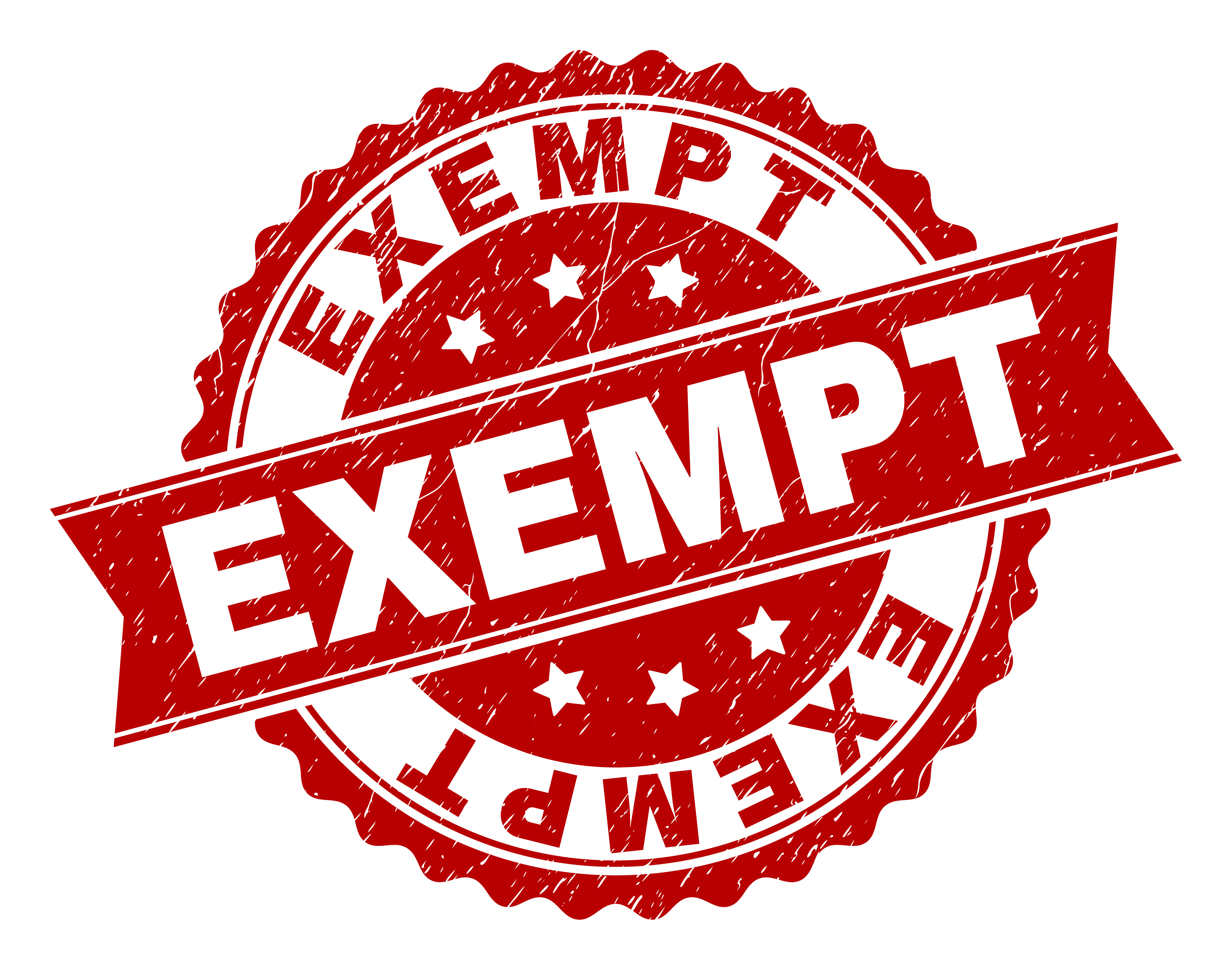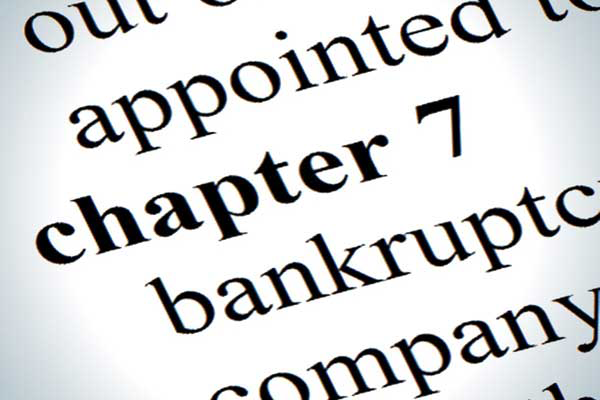Recently, I have been thinking a lot about the idea of words vs. actions. If you listen to the world, it is a very noisy place. Words and conversations never seem to end. Yet, I am struck by what we say sometimes versus what we do. For example, at LifeBack Law, our values are kindness, helpfulness, professionalism, and exceptional customer service. Would it be kind or helpful to say, we would really like to help you get your life back and then say good day!? Of course not, words, to mean anything, must be followed by actions that are consistent with the words. It is not kind and helpful to say we will be kind and helpful and then hand you a pile of worksheets to fill out would it?
Recently, I have been thinking a lot about the idea of words vs. actions. If you listen to the world, it is a very noisy place. Words and conversations never seem to end. Yet, I am struck by what we say sometimes versus what we do. For example, at LifeBack Law, our values are kindness, helpfulness, professionalism, and exceptional customer service. Would it be kind or helpful to say, we would really like to help you get your life back and then say good day!? Of course not, words, to mean anything, must be followed by actions that are consistent with the words. It is not kind and helpful to say we will be kind and helpful and then hand you a pile of worksheets to fill out would it

















